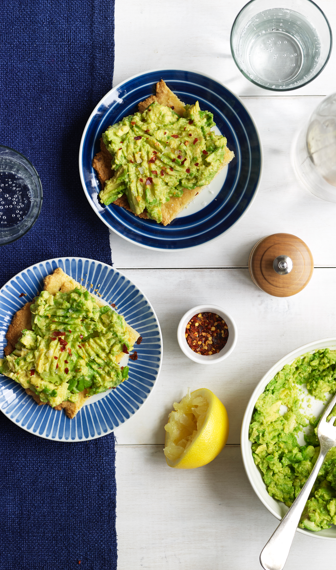Health-conscious consumers always have considered their daily Java a guilty pleasure. Conventional thinking would suggest that caffeine may raise blood pressure in susceptible individuals, make some feel jittery or anxious, interfere with deep and restful sleep, or raise stress hormones.
However, until recently, there has been little talk about coffee’s brighter side. Consider this:
Coffee is a good source of antioxidants.
Caffeine improves mood and thinking.
If you drink caffeinated coffee right before exercise, it may improve performance and help you burn more calories.
Caffeine relaxes the airways, helping to decrease asthma attacks.
Coffee can stimulate intestinal mobility.
And that’s just the beginning.
A study from the University of Birmingham in England shows that caffeine helps the body use more of the carbohydrates in sports drinks consumed during exercise. Previous research has shown that caffeine helps athletes run faster in both short and long-distance races. In the short races, caffeine stimulates the brain to send messages along nerves causing a greater percentage of muscle fibers to contract at the same time. And caffeine causes muscles to burn more fat, thus preserving stored glycogen and delaying fatigue in long races.
In another study, Harvard researchers analyzed data on 126,000 people for as long as 18 years. They found that having one to three cups of caffeinated coffee per day can reduce the risk of diabetes by 30% for women and by 54% for men.
At least six different studies indicate that regular coffee drinkers are up to 80% less likely to develop Parkinson’s. And other research shows that – compared to not drinking coffee – drinking at least two cups a day lowers the risk of: colon cancer by 25%, liver cirrhosis by 80%; gallstones by 50%.
Coffee has antioxidants, including a group of compounds called quinines, which in lab studies increased insulin sensitivity.
“Overall, the research shows that coffee is far more healthy than it is harmful,” says Tomas DePaulis, PhD at Vanderbilt University. “For most people, very little bad comes from drinking it, but a lot of good.”
Coffee flavor connoisseurs take note: Atkins Advantage® Caramel Macchiato Shake blends the perfect taste of rich coffee and creamy chocolate with the optimal mix of protein, fiber, low sugar, and essential vitamins and minerals to satisfy your appetite all day.

